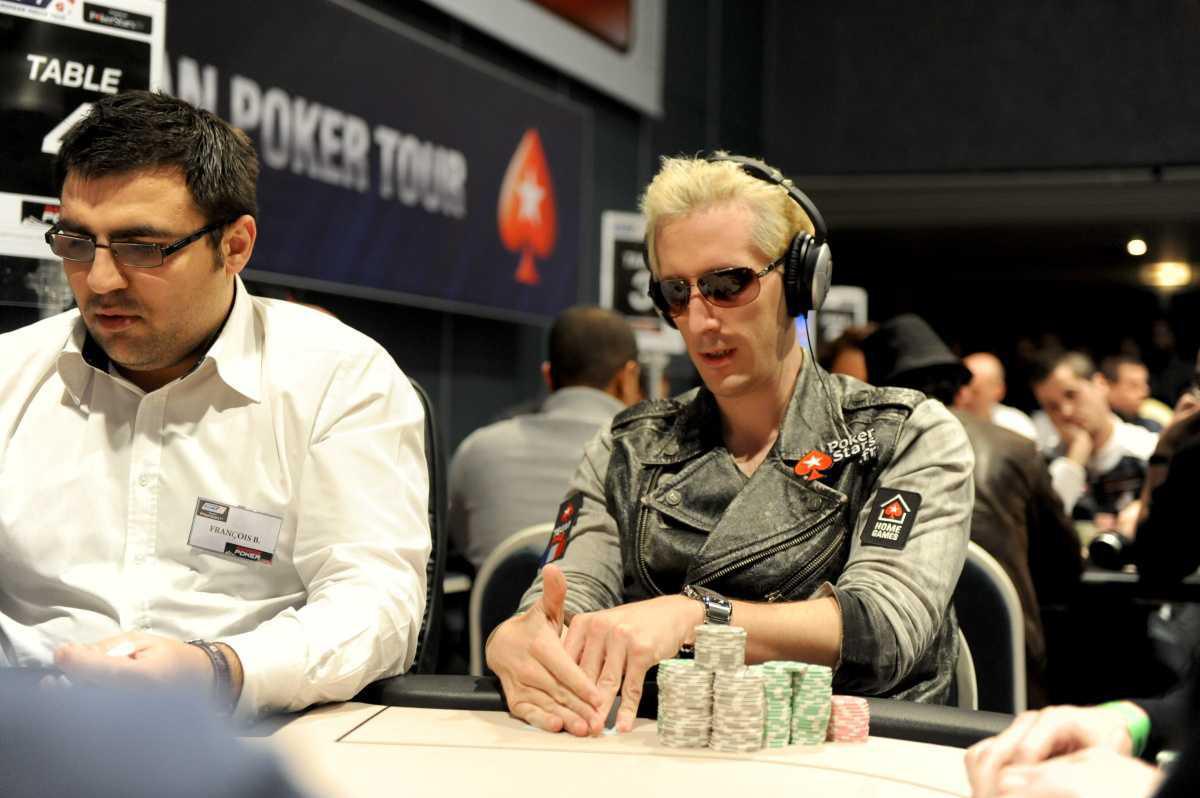MIKI Yoshihito from Sapporo City,Hokkaido., JAPAN, SAKIKO - Arcade game machine. (40004108183), CC BY 2.0
Why do humans play? From the dusty arenas of ancient Rome to the neon glow of Tokyo arcades, games have always mirrored something fundamental about who we are. Play is not merely recreation—it is ritual, communication, and a rehearsal for survival. Across cultures, games provide frameworks for competition, cooperation, and meaning, making them as essential to human societies as food and language.
Anthropologists often argue that games are cultural microcosms. A round of chess reflects medieval hierarchies of kings, queens, and pawns, while mancala evokes agricultural practices of seed planting. The rules, strategies, and symbols embedded in games encode cultural values: patience in Go, chance and destiny in dice games, storytelling in role-playing. In this sense, to study games is to study the worldviews of the people who created them.
Psychologically, play offers a safe space for risk. The thrill of winning a card game, the frustration of losing a soccer match, or the satisfaction of leveling up in a video game all simulate real emotions without real-world consequences. This “sandbox” effect allows children to practice problem-solving, adults to manage stress, and communities to negotiate conflict. The stakes may be low, but the emotions are undeniably real.
Competition is only half the story. Many cultures use games not to divide but to bond. Cooperative board games, Indigenous storytelling games, and festival contests often prioritize unity over victory. Here, play acts as a social glue, weaving participants into networks of trust and shared joy. Winning matters less than playing together, reminding us that human survival has always been collective.
Of course, not all play is harmless. Games can reinforce exclusion, hierarchies, and aggression. Think of hazing rituals, exploitative gambling, or games historically designed to exclude certain groups. Yet even these darker edges reveal cultural truths: what risks are tolerated, who is invited in, and who is left out. Play, like society, carries its shadows.
Modern video games complicate the picture further. Digital play is borderless, global, and immersive, collapsing cultural boundaries while simultaneously creating new ones. Japanese role-playing games inspire fans in Brazil, while American esports teams compete in Seoul. In online multiplayer spaces, cultures merge, clash, and reinvent themselves—making the psychology of play a truly global study.
At its core, play is about identity. Players adopt roles, test limits, and imagine alternate selves. The mask of play frees us to explore what we might otherwise repress: aggression, creativity, vulnerability, or desire. From children pretending to be superheroes to adults building avatars in virtual worlds, games provide a rehearsal space for identity itself.
Across cultures, one lesson remains constant: play is not trivial. It is as serious as it is joyful, shaping how we think, bond, and imagine. By stepping into the world of games, we glimpse the many ways humans practice being human. Whether through dice, screens, or a ball on a field, games continue to be our most enduring experiment in meaning.
Ultimately, the universality of play suggests that it taps into something deeply evolutionary. Just as animals wrestle, chase, and mimic in order to learn survival skills, humans construct rules, challenges, and stories to practice for life’s unpredictability. Games are our way of taming chaos, packaging chance into dice, and transforming conflict into sport. In this light, play is not an escape from reality but a rehearsal for it—an imaginative rehearsal that continues to remind us that joy, struggle, and connection are as inseparable in games as they are in life.


